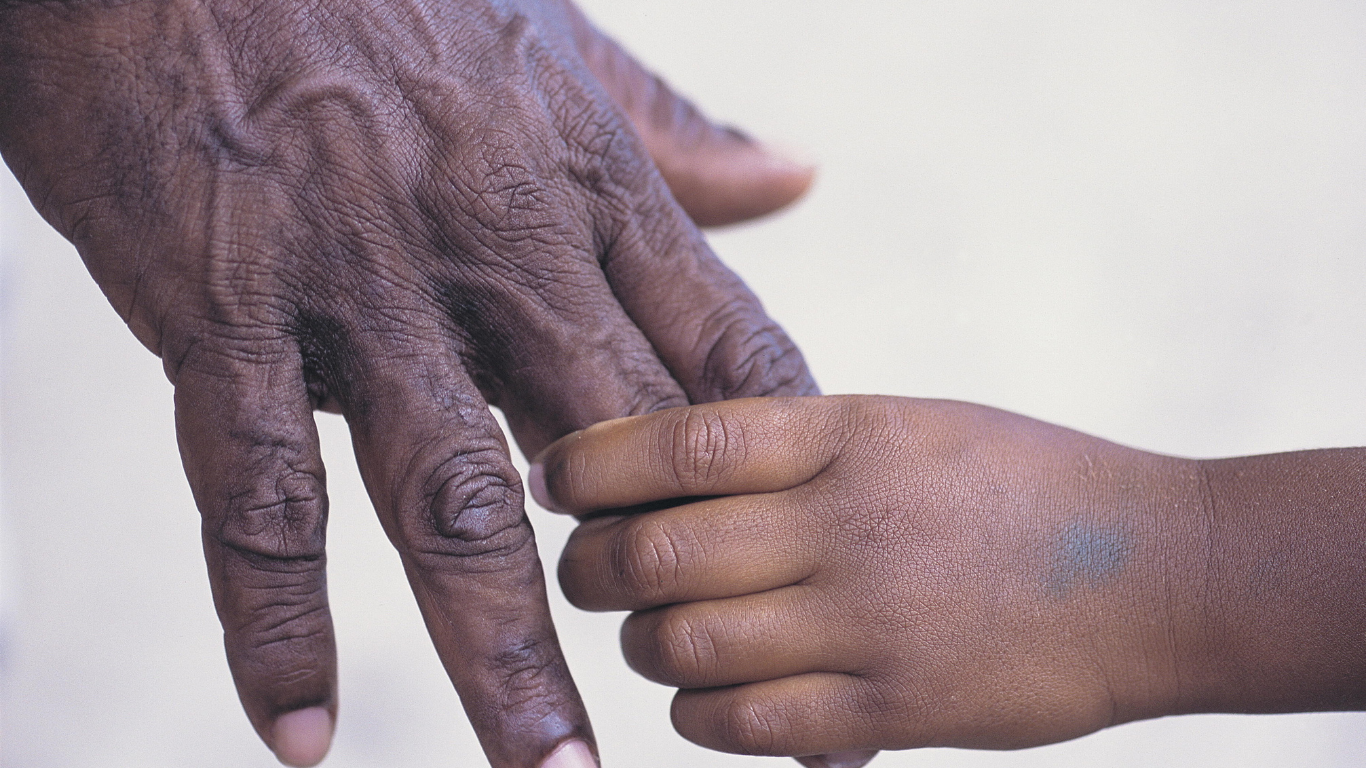Indigenous culture is not just a term—it’s a testament to the rich and diverse heritage of communities around the world. For thousands of years, indigenous peoples have maintained their cultural identity, traditions, and connection to the land, despite the pressures of modern society. By understanding and appreciating their unique ways of life, we can gain valuable insights into our own lives and the world around us.
Indigenous cultures are often characterized by their close relationship with the environment. Unlike industrialized societies, indigenous peoples view nature as a living, breathing entity that must be respected and preserved. This profound respect for the earth can teach us a great deal about sustainability and environmental stewardship. In today’s world, where environmental issues are becoming increasingly urgent, indigenous knowledge offers a roadmap for living in harmony with nature.
Language is another key element of indigenous culture. Many indigenous languages are endangered, with few fluent speakers remaining. These languages are more than just a means of communication; they are repositories of history, tradition, and identity. When a language dies, a part of the culture dies with it. Efforts to revive and preserve these languages are crucial in maintaining the cultural diversity of our planet.
Traditional art and craftsmanship are also integral to indigenous culture. From the intricate beadwork of Native American tribes to the vibrant textiles of the Maasai in Africa, these artistic expressions are a window into the soul of the community. They tell stories, convey spiritual beliefs, and celebrate the beauty of everyday life. Supporting indigenous artists and their crafts helps keep these traditions alive and provides economic opportunities for the communities.
Modern technology has created new platforms for indigenous peoples to share their stories and preserve their heritage. Social media, podcasts, and digital archives are being used to document traditional knowledge, share cultural practices, and connect with a global audience. These platforms enable younger generations to engage with their heritage in ways that resonate with them, ensuring the continuity of their culture.
Connecting with indigenous culture is about more than just looking back; it’s about learning to live more thoughtfully and respectfully in the present, building responsible adults. By embracing the wisdom and traditions of indigenous peoples, we can foster a deeper understanding of our planet and our place within it. This connection enriches our lives and ensures that these invaluable cultures continue to thrive for generations to come.
Australia’s Indigenous culture, dating back over 65,000 years, is a vibrant tapestry of traditions and deep connections to the land. The Aboriginal and Torres Strait Islander people, the original inhabitants, have a culture rich in stories, art, and a profound respect for nature.
Dreamtime: At the heart of Indigenous culture is Dreamtime, a spiritual belief system explaining how the world was created. Through captivating stories, passed down through generations, they share how ancestors shaped the land, plants, and animals, weaving tales that teach laws, traditions, and respect for nature.
Art and Music: Indigenous art, famous around the globe, uses dots, symbols, and even bark to tell stories. Each piece of art carries deep meanings, often reflecting the natural world and ancestral spirits. Music is equally significant, with the didgeridoo—a fascinating wind instrument—creating unique sounds that enhance ceremonies and storytelling.
Language and Identity: Imagine a time when over 250 Indigenous languages were spoken! Although many are endangered today, there’s a strong push to revive them. These languages are treasures of cultural identity, holding unique perspectives and wisdom.
Connection to Land: The land is far more than just ground to walk on. For Indigenous Australians, it’s a spiritual entity, intertwined with their identity. This connection is reflected in their sustainable ways and deep knowledge of ecosystems.
Challenges and Resilience: Indigenous communities have faced immense challenges, from colonization to discrimination. Yet, their resilience shines through. Modern movements for land rights, cultural preservation, and sovereignty are testaments to their enduring spirit.
In a nutshell, Indigenous culture is a testament to the richness of human heritage and resilience. It adds a unique and invaluable layer to Australia’s identity, offering lessons on sustainable living and strength in community.

